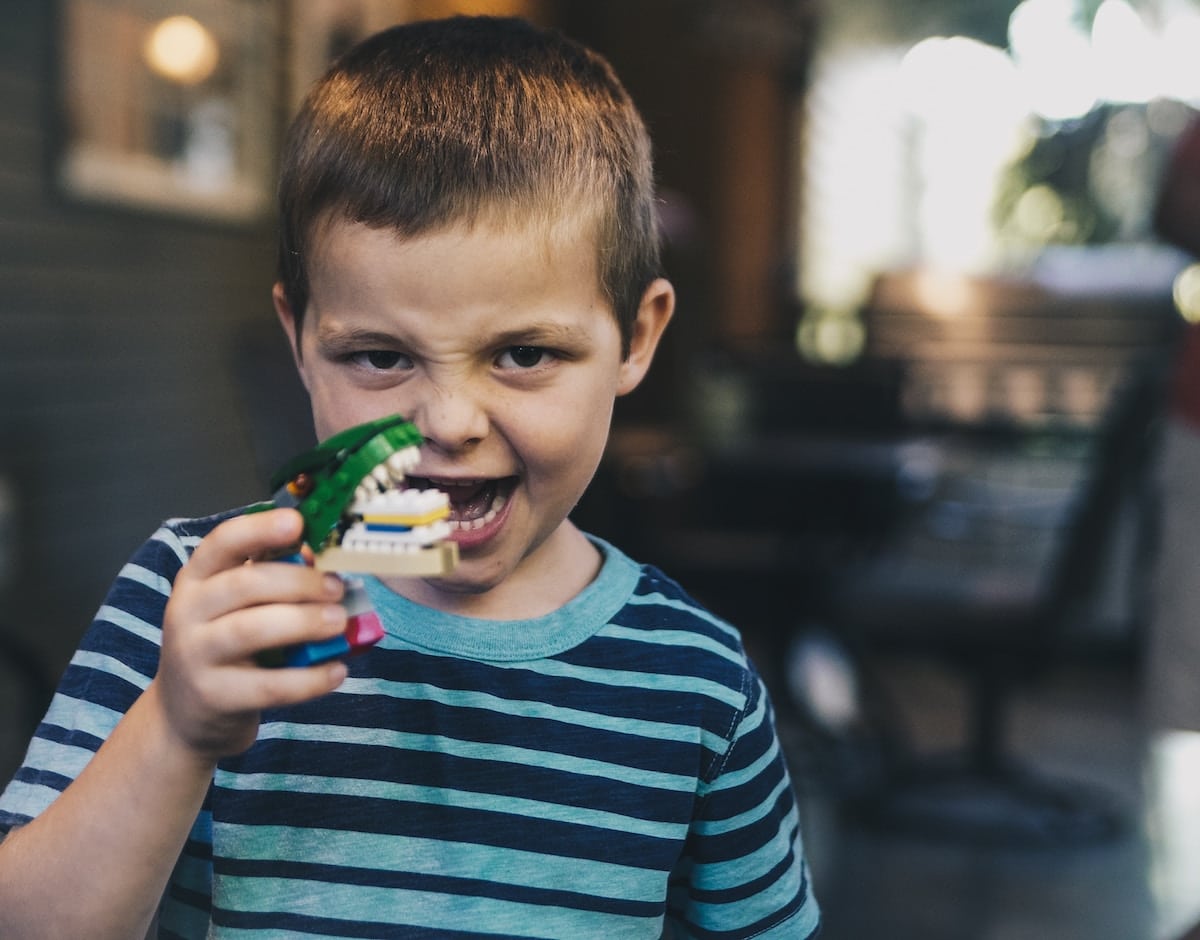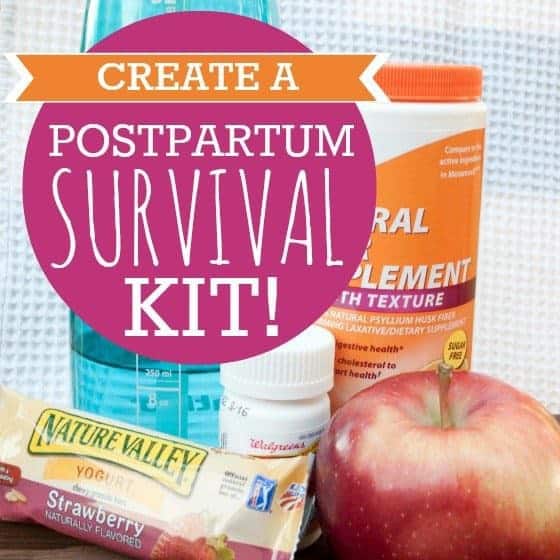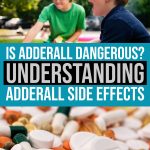If you’re a parent trying to navigate the complexities of medicating your child for behavioral issues, you’ve likely heard about the drug Adderall, and you might be wondering, what are Adderall side effects, and is Adderall dangerous?
We live in an over-medicated society, and the instinct to medicate every little problem now also applies to our children. From flu-shots and allergy medications, to the increasing number of vaccines, this instinct is especially heightened when doctors and teachers suggest that a child needs medication. And, as if the decision to medicate wasn’t complicated enough, parents are now being encouraged to medicate behavioral issues as well.
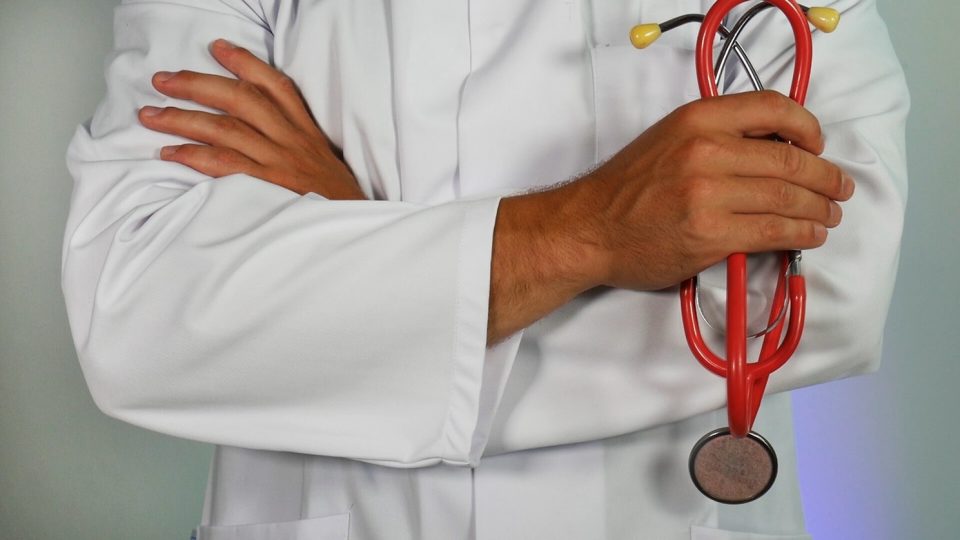
Adderall and ADHD
Adderall is a drug prescribed to combat Attention Deficit Disorder, or ADHD. ADHD is a word that gets thrown around a lot when talking about kids. A lot of parents may use it to generally describe their kids’ inability to concentrate; others may use it to explain why their child can’t sit still. It’s a word that is often used casually or prematurely, when instead it should be used sparingly.
Symptoms of ADHD in children can include:
- inattentiveness
- hyperactivity
- impulsive or careless behavior
- constant fidgeting
- aggressive outbursts
For many parents, though, it’s difficult to differentiate between normal kid-behavior and ADHD, and some don’t know where to draw the line between letting kids be kids, and allowing disruptive behavior to continue; drawing the line can become even harder when teachers tell parents that their child is a distraction to others in the classroom.
Over the past decade, there has been a dramatic increase in the number of children diagnosed with ADHD, which points to a trend of doctors looking for text-book answers as to why a child is “acting up.”
Between 2007 and 2012 there was a 4.8% increase of diagnosis for children ages 2-17, and in 2016 there were roughly 6.1 million children with a diagnosis — that’s nearly 10% of kids.
What’s more, since 2011 there has been a 50% increase of preschoolers who take ADHD medication like Adderall. And while some parents claim Adderall is a God-send for their child’s issues, other parents and professionals worry about adderall side effects and what the medication is really doing to children.
While there are different types of medication that treat ADHD in children, the most commonly prescribed is Adderall. Adderall is a dextroamphetamine-based drug that comes in a short-lasting or long-lasting form.
Adderall has been shown to combat ADHD; many children who are prescribed Adderall for ADHD become focused, are able to sit still and become more socially cooperative. However, there are plenty of negative side effects that come with medicating a behavioral issue, too.
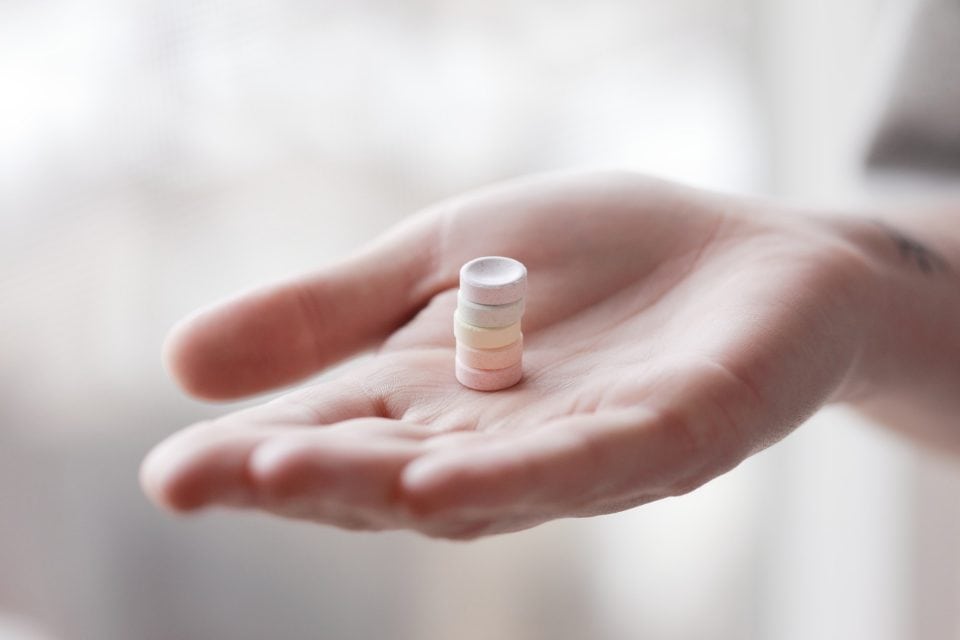
Adderall Side Effects
Common side effects of Adderall include:
- decreased appetite
- sleep problems
- headaches
- irritability
More serious side effects can include:
- delayed growth
- nausea
- serious mood changes
- “rebound” which is essentially the adverse effects of the medication wearing off including extreme irritability, aggression or depression.
A person’s body becomes addicted to Adderall and goes through withdrawals when it wears off. These behavioral signs of withdrawal are similar to other drugs like heroin and methamphetamine.
The addictive properties of the medication, paired with Adderall side effects such as increased focus, concentration, energy and heightened mood, has caused an explosion in the numbers of teens, young adults and adults that use it —and abuse it. Recent studies have found a sharp increase in the number of adults ages 18-25 who are misusing Adderall.
Researchers also found that over a six-year period, non-medical, un-prescribed Adderall use increased by 67%, and emergency room visits for non-medical Adderall users increased by 156%. Reasons for these emergency room visits, and other serious Adderall side effects, include high blood pressure, stroke, hostile behavior and other mental health problems.
A recent study found that children who start school earlier than their classmates are 30% more likely to be diagnosed with ADHD. These type of findings, paired with our culture, medical community and society’s propensity to over-medicate, points to the possibility that many children who are “diagnosed” with ADHD are simply young children trying to find their way in the world.
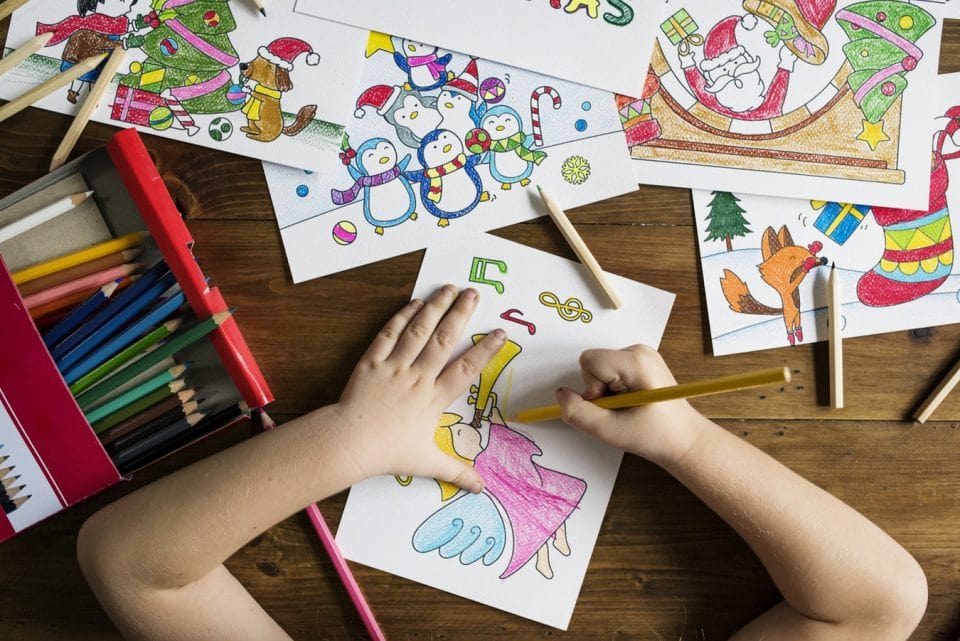
Alternatives to Adderall
With children being diagnosed younger and younger, and parents just wanting an easy solution, it’s understandable why they would trust a doctor’s diagnosis and recommendation to medicate. However, in 2016 The CDC issued warnings to parents to try Behavioral Therapy before putting their child on medication.
Behavioral Therapy includes:
- school interventions
- organizational techniques like planners and checklists
- different therapy techniques such as PCIT, PMT and Triple P
While these types of behavioral strategies might be more time consuming and challenging than popping a pill, they are without a doubt the safer option for children.
Young kids should be encouraged to be kids, even if that means playing, fidgeting and talking out of place. Not every child learns the same, and perhaps it’s our one-size fits all education practices that inflict the need for over diagnosis of ADHD, and in turn, Adderall prescriptions.
WANT TO READ MORE?
Check out this article on Are we overmedicated? When is it enough?
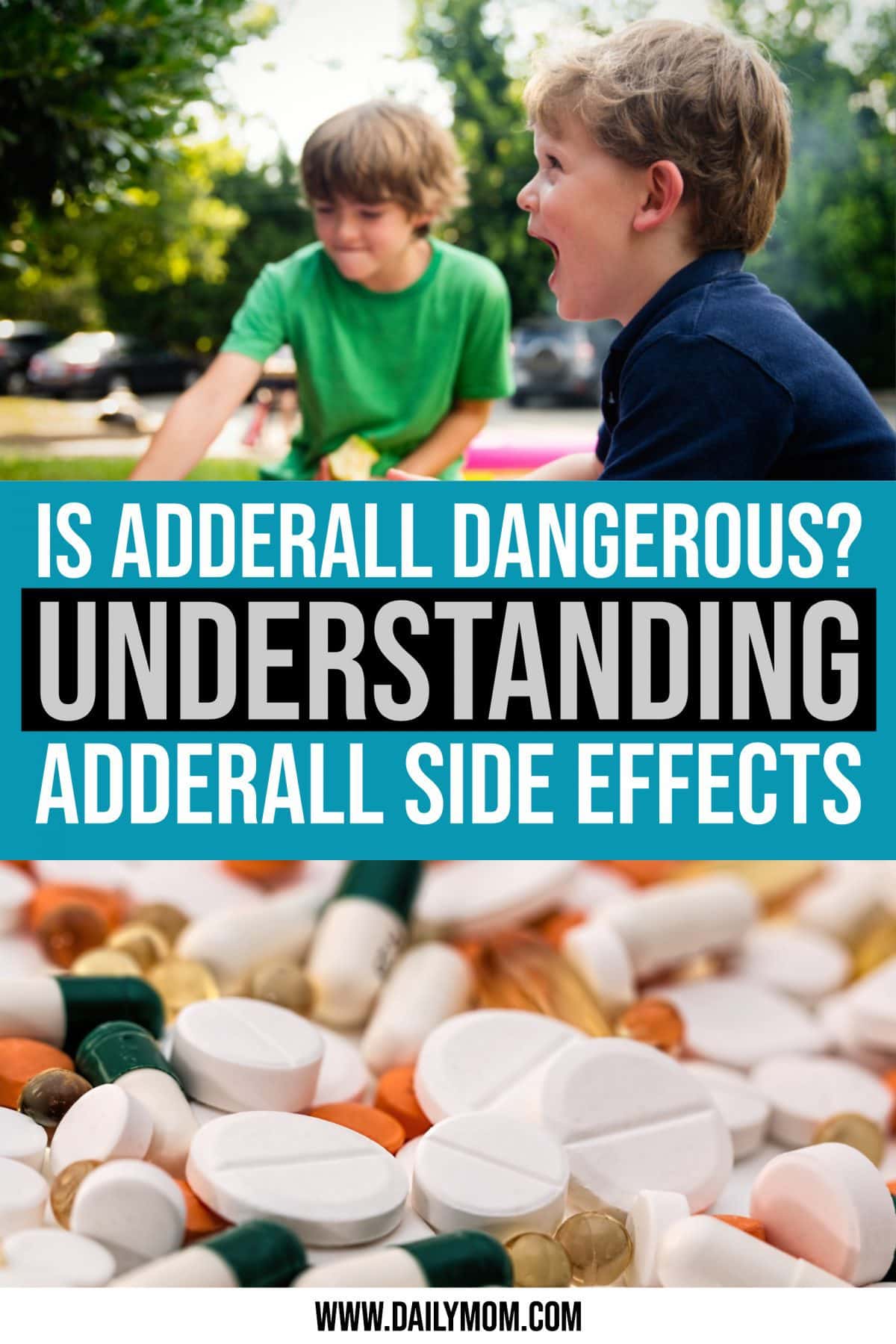
Sources: HelpGuide.org; CDC; NCSL.org; WebMD; Childmind.org; Johns Hopkins; Washington Post



































